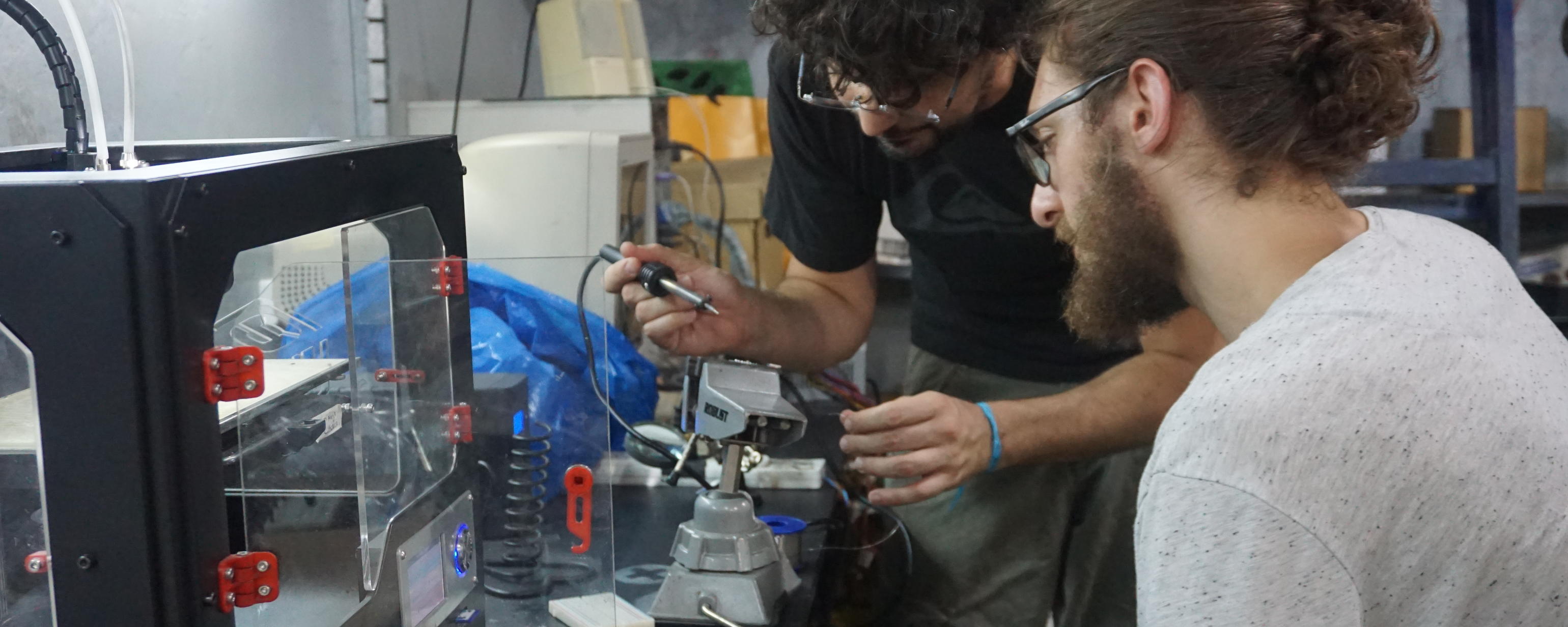
Computation, Technology, and Culture
In 2024, CTC became its own department within EFS, offering two Bachelor of Fine Arts degrees: Art and Computation; and Sound.
Recognizing digital technology’s growing influence on art and design practices—and the influence of artists and designers on the digital landscape—the Art and Computation BFA at RISD offers a deep understanding of and ability to create within the technological structures of the 21st century. As an Art and Computation major and student in Computation, Technology and Culture (CTC)—the program’s home department—students work with code, software, and other technological interfaces as creative mediums in their own right, and learn to incorporate them into a wide range of art and design practices.
Sound is a discipline that encompasses a range of fields, from conceptual sonic work and sound design across media formats, to the study of sound in built and natural environments and issues around audio cultures. As part of RISD’s Computation, Technology and Culture department, the Sound BFA allows students to explore key tools, concepts, and sound design principles within the context of creative practice, working across a range of applications and with attention to the multicultural histories of sound and the sonic arts.
